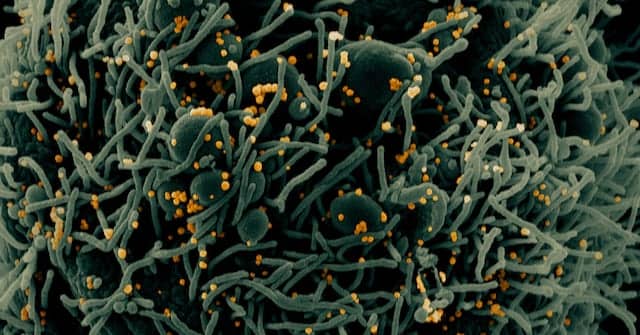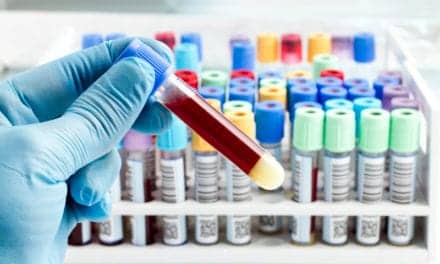Genetic sequencing research laboratory Progenabiome, Ventura, Calif, published findings on SARS-CoV-2 in fecal samples from symptomatic patients who tested positive for covid-19. According to Progenabiome, it is the first lab worldwide to provide this level of insight on the SARS-CoV-2 virus, its evolution, and strains, based on data from the stools of patients. The research shows covid-19 mutations and suggests covid-19 could be a gut infection.1 Specifically, the research demonstrated the following:
- Fecal samples show SARS-Cov-2 infective virus in all nasopharyngeal positive patients using a more sensitive method
- There is potential for fecal-oral transmission
- Different mutations were found among those in which SARS-CoV-2 was detected by whole genome sequencing
“Since the outbreak of covid-19, I felt it was important to look at patients’ stools because of the prevalence of ACE2 receptors in the GI tract,” says Sabine Hazan, CEO of Progenabiome and Ventura Clinical trials. “PCR testing by definition looks at and copies a small portion of genetic information; because of this, it only shows a segment of the virus which may or may not be significant. More importantly, it doesn’t help guide the therapy. “Alternatively, whole genome sequencing provides a much more comprehensive view, allows us to better understand the virus and its various mutations, and it serves as a better diagnostic tool to assess evolution of this virus that may more accurately distinguish if the virus disappears after treatment.” For more information, visit Progenabiome. Reference 1. Papoutsis A, Borody T, Dolai S, et al. Detection of SARS-CoV-2 from patient fecal samples by whole genome sequencing. Gut Pathog. Under review. doi:10.21203/rs.3.rs-48863/v1. Featured image: Colorized scanning electron micrograph of an apoptotic cell (green) infected with SARS-COV-2 virus particles (orange), isolated from a patient sample. Image captured at the NIAID Integrated Research Facility (IRF) in Fort Detrick, Maryland. Credit: NIAID.





